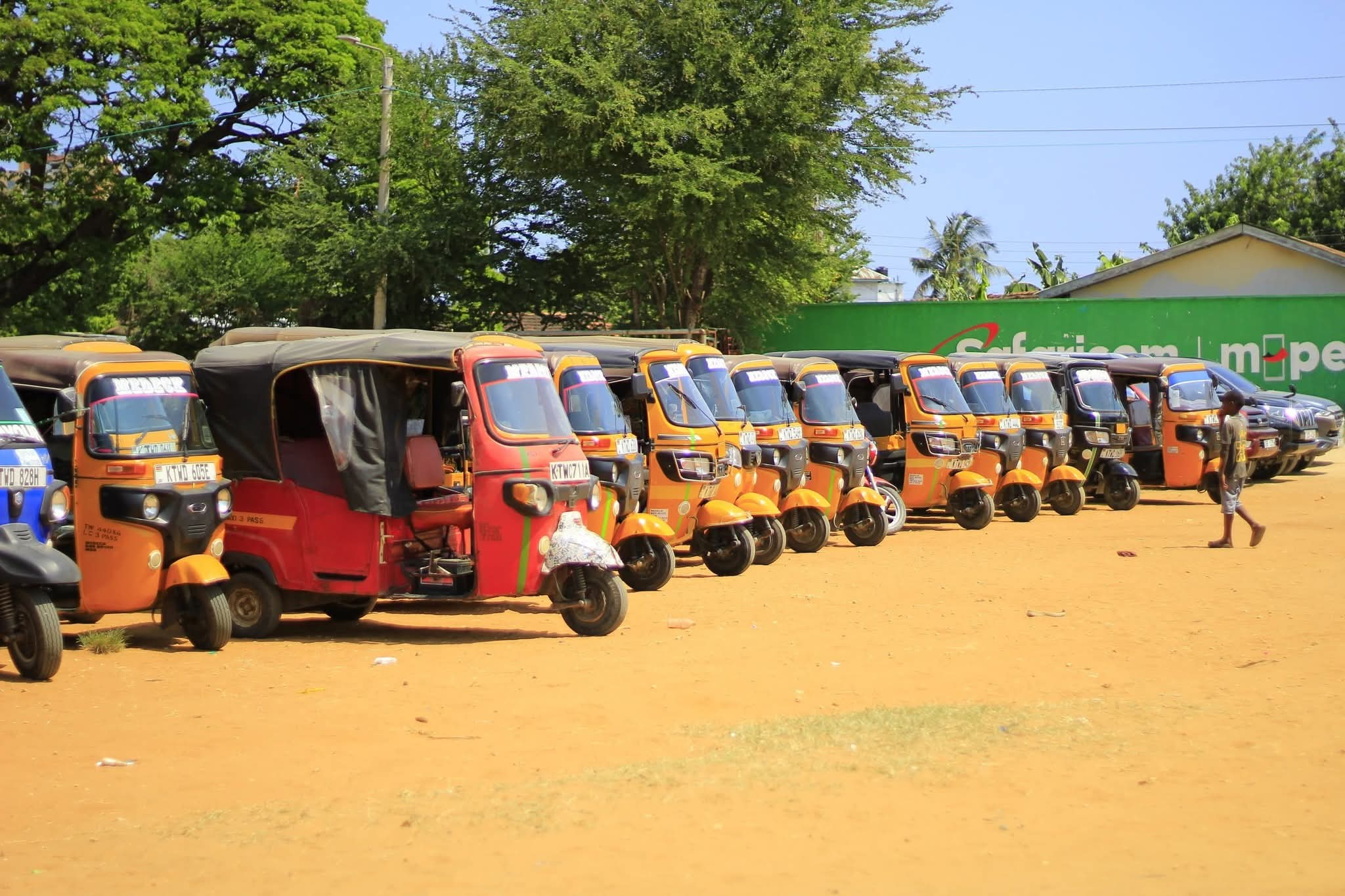Unpaid work and bias still lock women out of key economic roles- experts

At the centre of the discussion was how persistent gender imbalances, especially in employment, access to productive assets, and unpaid care work are holding back Kenya’s development.
Kenya’s economy is losing out on growth opportunities due to the continued exclusion of women from formal employment, experts have warned.
Speaking during a high-level forum in Nairobi on Monday, researchers and economists said that despite improvements in girls’ education, gender inequality remains deeply rooted in the labour market.
More To Read
- New KIPPRA report exposes the hidden weaknesses crippling Kenya’s forest industry
- Private sector activities rise for the first time in five months in September
- Nyota programme: Sh5 billion Youth Fund now operational to boost enterprise
- How forged academic papers are helping fraudsters secure top government jobs — EACC
- Africa lags in green jobs boom, holds just 2 per cent of the global sum
- Graduated, now what? Survey of young Africans shows degrees don’t always land them a job
The event, convened by Yale Economic Growth Centre and Yale Inclusion Economics, brought together policymakers, researchers, and business leaders to explore how data can support inclusive economic strategies.
At the centre of the discussion was how persistent gender imbalances, especially in employment, access to productive assets, and unpaid care work are holding back Kenya’s development.
Nancy Nafula from the Kenya Institute for Public Policy Research and Analysis (Kippra) said that the numbers tell a clear story of imbalance.
Using data from the Kenya National Bureau of Statistics (KNBS), she revealed that while 1.8 million men are formally employed, only 1.2 million women hold similar positions.
“The labour market is already skewed towards male employment. This is despite the fact that we have nearly closed the gender gap in basic education. However, gaps remain glaring at higher levels of education, where access becomes more limited for women,” Nafula said.
Nafula pointed out that women who manage to pursue higher education still struggle to secure jobs in fast-growing, better-paying industries.
“Many women are channelled into caregiving and lower-paying health sector jobs like nursing,” she said.
She also stressed that structural challenges, including unequal access to land and financial services, continue to block women’s full participation in the economy.
Most women, she explained, either do not own land or lack documentation required to secure loans.
“To date, most women do not own land, and even those who do often lack title deeds. Without land ownership, access to credit is nearly impossible because banks require collateral,” she said.
Nafula also highlighted how unpaid care work is a major yet invisible burden that prevents women from engaging in paid employment.
According to KNBS data, women spend up to five times more hours than men on unpaid domestic and care duties.
“This limits their time for income-generating activities, yet such work is not even recognised as formal employment,” Nafula said.
She added that while there are discussions about incorporating unpaid work into GDP calculations, it remains unrecognised and undervalued in the economy.
Rohini Pande, an economics professor at Yale University, noted that Kenya’s situation mirrors that of many African countries struggling to balance growth with inclusivity. She called for deliberate policies to address both structural and social barriers facing women.
“If women lack access to education in key areas or have heavy unpaid care burdens, they can’t compete fairly. This is where government intervention is needed,” Pande said.
She also urged businesses to create better working conditions and provide support systems that enable women to join and stay in the workforce.
Nafula explained that cultural attitudes and institutional biases continue to influence hiring and promotion decisions.
She said that even when women are hired, they are often placed in entry-level roles with little chance of rising to leadership.
“Employers sometimes prefer to hire men because they assume women will need maternity leave. When women are hired, they often get lower-tier roles, making upward mobility extremely difficult,” she said.
“Women remain stuck in the lower echelons of the workforce. The ideal legal protections exist, but employers still discriminate during recruitment and promotions,” she added.
Speakers at the forum agreed that unless these barriers are addressed, Kenya will continue to fall short of its economic potential.
They stressed that equality in employment is not only about fairness but also critical for national development.
“The evidence is clear, countries that fail to match women’s skills with appropriate opportunities are leaving money on the table. Inclusive economic transformation is not just a moral imperative, it’s an economic one,” Pande said.
The meeting ended with a call for combined efforts from government, civil society, and the private sector to remove the barriers that limit women’s economic participation, from unpaid labour and lack of land ownership to educational inequality and discriminatory practices at work.
Top Stories Today














































